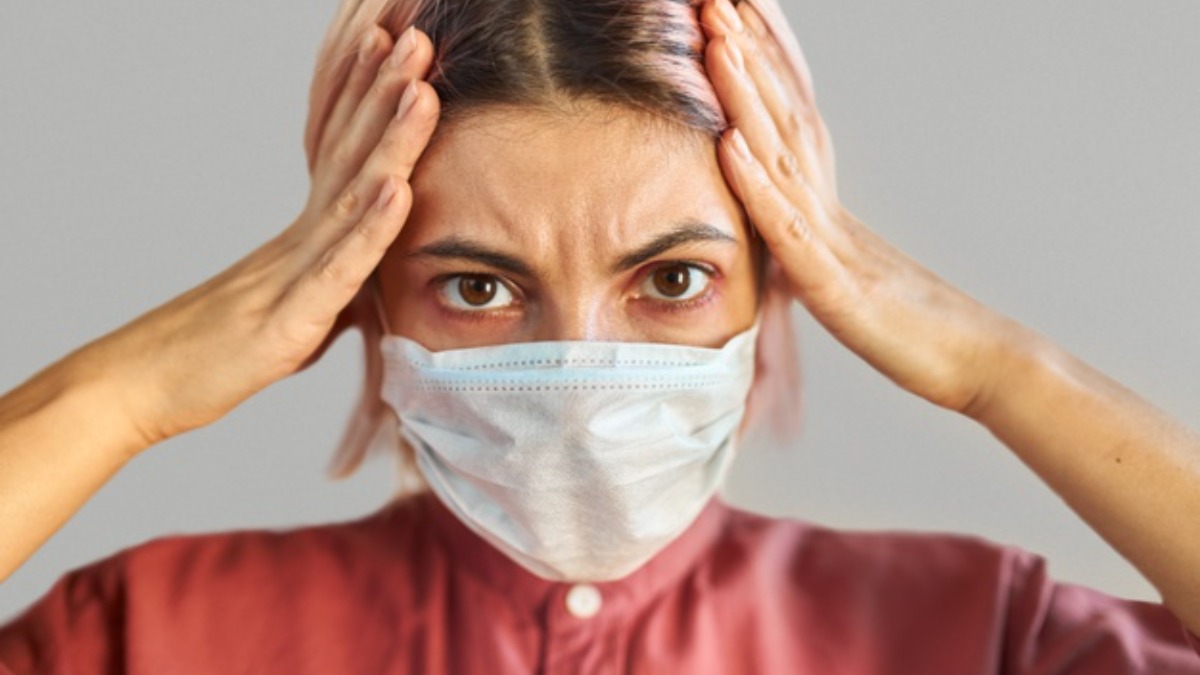After several dead bodies were found floating in Ganga and Yamuna during May 2021, there have been claims that rivers may have been contaminated with SARS-CoV2, the virus that causes Covid-19. Also, there were reports that said a large number of bodies were buried on the banks of the rivers during the peak of the pandemic.
No need to worry anymore! Ganga is Covid-free, say, scientists.
Scientists from the Banaras Hindu University (BHU), Varanasi and Birbal Sahni Institute of Palaeosciences (BSIP), Lucknow, after a two-month research concluded that there were no traces of COVID-19 found in the Ganga River.
Prior to this traces of the novel coronavirus was found in the water of Gomti river in Lucknow, even after the treatment of sewage water at two sewage treatment plants (STPs), reported the BSIP scientists. The scientists had found presence of the virus in the Gomti water in September 2020 as well as May 21 this year.4
According to Prof Gyaneshwar Chaubey of the department of zoology, BHU, the BHU and BSIP team collected two samples every week for seven weeks (May 15 to July 3) from Varanasi city to investigate the possible traces of coronavirus in the Ganga. RNA was extracted by the team and they performed an RT-PCR test for all the samples later on.
“Surprisingly, none of the samples collected from the Ganga showed any trace of the viral RNA. However, samples collected from river Gomti did show the presence of viral RNA,” said BSIP scientist Niraj Rai, who heads the Covid Lab at the institute, as quoted by IANS.
Prof V.N. Mishra of the BHU’s department of neurosciences, who is one of the key contributors of this study, noted that Ganga water has some exceptional property due to some natural ‘phage viruses’ present in the water. He said that they are working on understanding this phenomenon.
Researchers from IIT Gandhinagar, and Jawaharlal Nehru University’s School of Environment Science last month had found traces of novel coronavirus in water samples taken from the Sabarmati River in Ahmedabad, Gujarat. Water collected from the city’s Kankria and Chandola lakes had traces of the virus according to the scientists and according to them, the virus could live in natural waters for too long.
According to a recent study conducted by the ICMR’s National Institute of Virology Mumbai Unit and Division of Epidemiology & Communicable Diseases, New Delhi also found viral RNA of the SARS-CoV-2 virus in sewage samples collected from Mumbai city during May 11-22, 2020. The Central Pollution Control Board (CPCB) had already issued guidelines for disposal of human waste, including faecal waste generating from the covid dedicated hospitals and quarantine centres suspecting the traces of the virus found in in sewage water may be a source of transmission of disease. It is suggested that before disposal the waste should be treated properly. Further, it had directed sewage water treatment plants to ensure that they adopt all covid-19 precautions to protect the workers from the Covid-19.
However, the US CDC said that there is no evidence that the novel coronavirus can spread to people through water in natural bodies of water (oceans, lakes), pools, water playgrounds, and hot tubs.
The Union Health Ministry had also dismissed the possibility of COVID-19 spreading through water.











